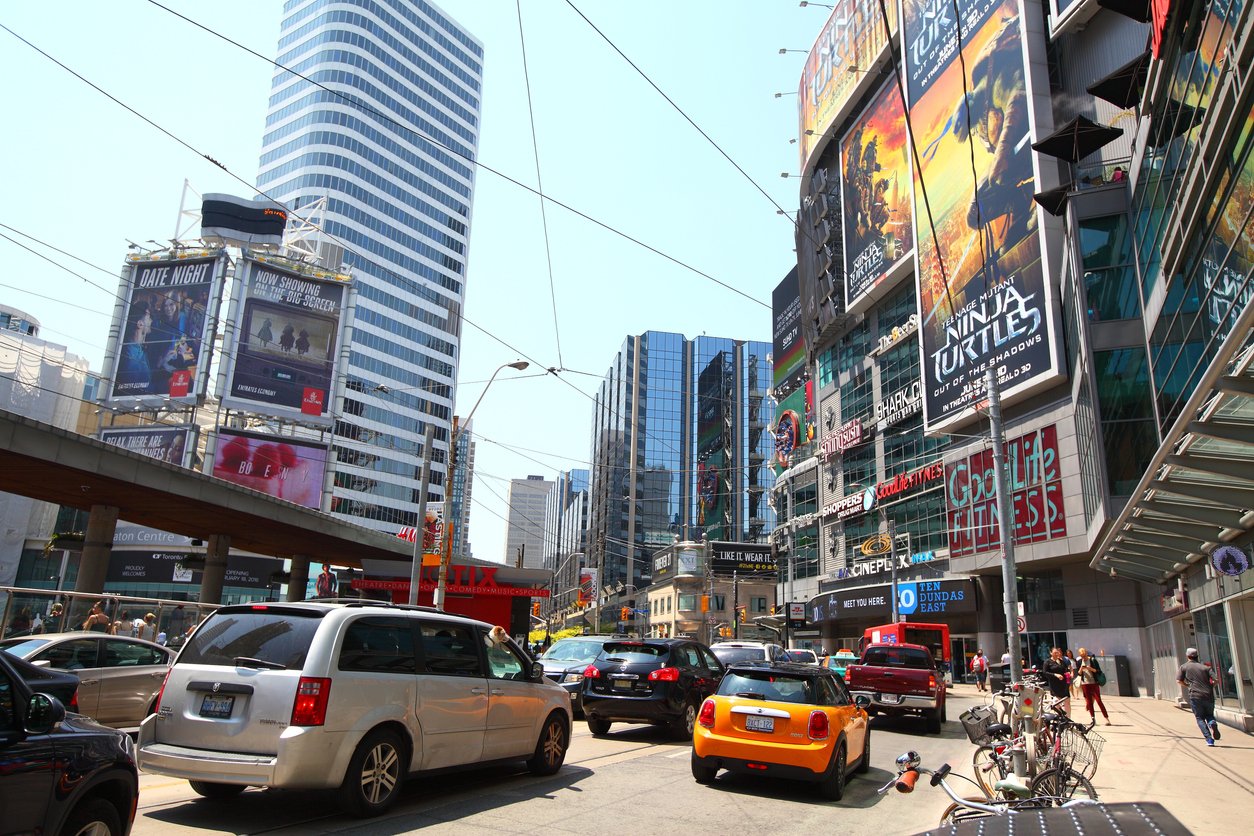In the City: Condo projects sold since 2016 in danger and Toronto battles the province over inclusionary zoning plans.
Elsewhere: Experts differ on Canadian mortgage stress test, are liberals to blame for America's unliveable cities and cities get creative to go green.
Toronto
Toronto condo projects sold since 2016 in danger of cancellation, analysis finds (The Globe and Mail)
A raft of condo project cancellations over the past 18 months has left thousands of presale buyers in the Toronto area out in the cold. Now, a Globe and Mail analysis of dozens of projects where units have been on sale since 2016 has found that many are stalled and some in danger of collapse.
Toronto moves forward with inclusionary zoning plans despite province’s pledge to change rules (Toronto Star)
Toronto is moving forward with plans to implement inclusionary zoning — a tool the city is counting on to meet its affordable housing goals — despite the upheaval caused by provincial legislation announced earlier this month.
Toronto’s new zoning power could boost affordable housing. Just one problem: the Ford government (The Star)
The policy is “inclusionary zoning.” It’s a pretty simple idea: any developer building a big residential building will be required to set aside a certain percentage of units for affordable housing.
Residents of historic Toronto building caught in Kafkaesque bureaucratic maze – over 6 inches (The Globe)
Under the building code’s safety regulations, railings now must be 42 inches high; the ones on Audley Court, which was built in 1912, were only 36 inches, and were thus deemed to be a climbing risk according to the property standards bylaw.
Canada
He said the consequences of Canada’s “debt-fuelled real estate boom” are serious and collapses of asset bubbles have historically created panic. He drew comparisons to the tulip bulb crisis in the Netherlands in the 17th century, the stock-market bubble of the 1920s and the collapse of the real estate bubble in the United States in 2009.
B-20 mortgage stress test needs to be revisited: CIBC’s Tal (Bloomberg)
CIBC Capital Markets Deputy Chief Economist Benjamin Tal is calling for a more flexible benchmark for the B-20 mortgage stress test, which took effect in January 2018 in order to address imbalances in the housing market and household debt concerns.
Ottawa’s housing market heats up, defying national chill (The Globe)
While average national home prices have fallen in Canada since mortgage qualification rules tightened at the start of 2018, the country’s capital has been experiencing its biggest boom in almost a decade. House prices have climbed sharply despite the headwinds that have had an impact on several other major markets and bidding wars are increasingly common.
Province not prepared to ease policies as housing market sputters (CBC)
Housing measures designed to stabilize the distorted real estate market have gone too far, according to lifelong Vancouver resident Ric Pow. He and his wife are selling the Point Grey house they've lived in for 17 years — and not by choice, he claims.
USA
America’s Cities Are Unliveable. Blame Wealthy Liberals. (NY Times)
Just look at San Francisco, Nancy Pelosi’s city. One of every 11,600 residents is a billionaire, and the annual household income necessary to buy a median-priced home now tops $320,000. Yet the streets there are a plague of garbage and needles and feces, and every morning brings fresh horror stories from a “Black Mirror” hellscape: Homeless veterans are surviving on an economy of trash from billionaires’ mansions.
Blue-Collar and Service Workers Fare Better Outside Superstar Cities (CityLab)
Once we factor in huge differences in housing costs between expensive cities and the rest, members of the working and service classes actually have little to gain financially from living in expensive cities, despite the fact that these places may offer slightly higher wages or more job opportunities.
Separated by Design: How Some of America’s Richest Towns Fight Affordable Housing (Mother Jones)
Westport is only one example of a wealthy Connecticut suburb that has surrounded itself with invisible walls to block affordable housing and, by extension, the people who need it.
International
How Housing Supply Became the Most Controversial Issue in Urbanism (CityLab)
For a long time, I thought gentrification was the hottest of urbanism’s hot-button issues. That may still be true. But it has a new (and related) challenger—upzoning, or changing the zoning of an area to allow for higher density.
Breathing walls to rooftop farms: Cities get creative for a greener future (Reuters)
“Take the construction industry, which is very linear and wasteful - you take, make and you dispose,” said Anders Wijkman of EIT Climate-KIC, a European initiative to build resilience to climate change. “What we’ve done in the past (to make buildings greener) is incremental change - now we need transformation,” he said at the Oslo conference.
Realosophy Realty Inc. Brokerage is an innovative residential real estate brokerage in Toronto. A leader in real estate analytics, Realosophy educates consumers at Movesmartly.com and Realosophy.com and helps clients make better decisions when buying or selling a home.
Email Realosophy
May 24, 2019
This Week In Real Estate |



